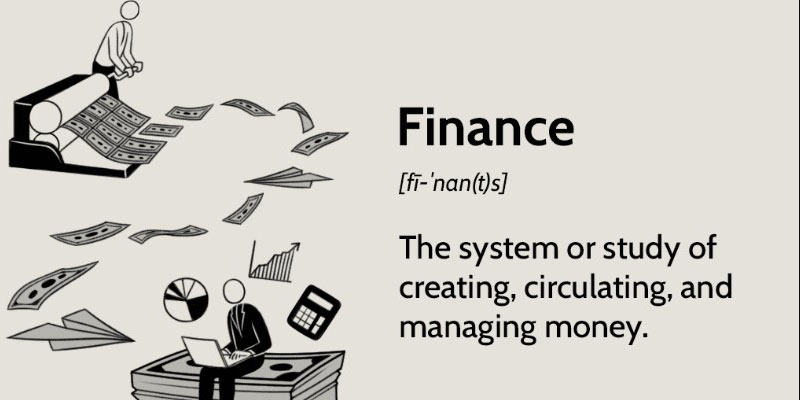You may have realized how difficult and crucial it is to save money, invest wisely, increase your net worth, and prepare for a secure and enjoyable retirement. If so, you've likely wondered where to look for a financial planner or advisor and whether or not you need one.
Advisor and Planner Services
Only 30 percent of investors, according to the National Association of Personal Financial Advisors, use the services of a professional financial planner. While 95% of those who have an advisor think they are worth the cost, 57% of those, who don't say they prefer to manage their own money.
So, what exactly do financial planners and advisors perform for their clients? Generally speaking, they can aid you in handling your financial affairs by recommending techniques and solutions to manage your wealth and encourage better financial practices.
Categories of Economic Counseling
The services offered by financial advisors can vary greatly. Many financial advisors offer generalist services, while some focus on a select group of clients, industries, net worths, or products. While some serve customers all around the country, others confine their services to residents. Some specialize in retirement planning, while others can assist with tax preparation, insurance, or estate planning. Advisors might cater to either a younger or older demographic, with some specializing in working with retirees. Find a planner to assist you with company planning, estate distribution methods, and other life planning needs.
Motives to Seek Out Expert Financial Guidance
There are times when it's important to have access to a reliable financial counselor. You might have won the state lottery or inherited a large quantity of money from a deceased relative. A person's demand for financial guidance from an expert will shift as they move through life's stages.
Tips for Locating Reliable Financial Assistance
What is the best way to search for a dependable advisor? Your first step should be to evaluate your current financial situation and decide what kind of expert assistance you could benefit from. It's tax season, and like most people, you do some of your most in-depth thinking about money. Therefore, a good certified public accountant (CPA) would suffice if you're looking for someone to help you with your taxes. The accountant also does financial planning.
Professional Financial Planning and Investment Management
Professional financial planners assist companies and individuals in developing investment strategies to achieve their long-term objectives.
You want guidance while you begin saving for a down payment on a house, pay off your credit card debt, and build your investment portfolio. If you want someone to take a bird's eye view of your financial picture, you should hire a financial planning agency or a personal financial planner.
Handling Money: Financial Planners
Many people can be classified as "financial counselor." Investment management is one service they provide by mediating the purchase and sale of securities. Bankers, accountants, stockbrokers, insurance agents, and estate planners fall into this category. A financial planner deals with more specific financial issues, whereas a financial advisor deals with a broader variety of issues for both individuals and corporations.
Based on a Commission
Be wary of those who claim to offer financial planning services, even if most major retail brokerages do. Some may be glorified stockbrokers employed by huge wirehouses to offer the wirehouse's proprietary mutual funds and stocks, despite having little to no training or credibility. Others may be among the most qualified in the industry. Fee-based advisors receive high rewards for selling the company's products and are motivated or even compelled to do so. There are several wire services where quantity, rather than quality, is prioritized.
Fee-Only
Fee-only advisors are another option. These experts have credentials such as those of a registered investment adviser (RIA) or investment advisor representative (IAR) (IAR). They have a lot of responsibility and are usually the smartest in their profession. Any prospective investor who requests it must also be given a copy of Form ADV Part II. The SEC and state authorities require advisors to submit this standardized document as part of their registration processes (SEC).
Taking Stock of the Expert
To be clear, anyone can call themselves a financial advisor (with an "O"), but only a financial adviser (with an "E") is legally allowed to provide investment advice to clients. Within a few weeks, a high school dropout could find an office to rent, take and pass the FINRA General Securities Exam, and begin a career in the stock market. Series 6, 7, and 63 certification tests are accepted as meeting industry standards for licensing.
The Fiduciary Duty Standard and Its Significance
Make that the advisor is subject to fiduciary rules, which require them to put the investor's best interests ahead of their own. There is a fiduciary standard that registered investment advisors (RIAs) must follow in the financial industry.













